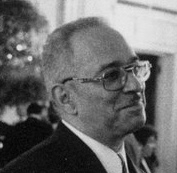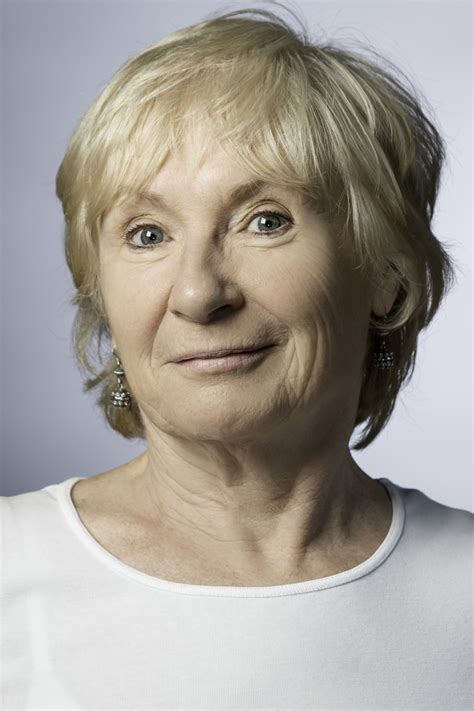A Quote by Lexi Alexander
While I was able to pass as white as soon as I came to America, this was not really possible while I was growing up, as it was pretty obvious that I wasn't 'all German.' So my privilege was that in America, I could conveniently withhold one of my bloodlines and avoid racism and discrimination. That is not a privilege most people of color have.
Related Quotes
While white women and men of color also experience discrimination, all too often their experiences are taken as the only point of departure for all conversations about discrimination. Being front and center in conversations about racism or sexism is a complicated privilege that is often hard to see.
The first thing that always pops into my head regarding our president, is that all of the people who are setting up this barrier for him... They just conveniently forget that Barack had a mama, and she was white - very white; American, Kansas, middle of America. There is no argument about who he is, or what he is. America's first black president hasn't arisen yet. He's not America's first black president. He's America's first mixed-race president.
White privilege is the other side of racism. Unless we name it, we are in danger of wallowing in guilt or moral outrage with no idea of how to move beyond them. It is often easier to deplore racism and its effects than to take responsibility for the privileges some of us receive as a result of it... Once we understand how white privilege operates, we can begin to take steps to dismantle it on both a personal and institutional level.
When you're a person of color in white America, you know white people. You know why you know white people? Because you can't enjoy any kind of entertainment if you are not able to humanize white people. If you watch a film and are like, "Oh, this has white people in it? Then I'm not interested," then you can't enjoy anything in America!
I said, "OK, Ammon [Hennacy], I will try that." He said, "You came into the world armed to the teeth. With an arsenal of weapons, weapons of privilege, economic privilege, sexual privilege, racial privilege. You want to be a pacifist, you're not just going to have to give up guns, knives, clubs, hard, angry words, you are going to have lay down the weapons of privilege and go into the world completely disarmed."






































